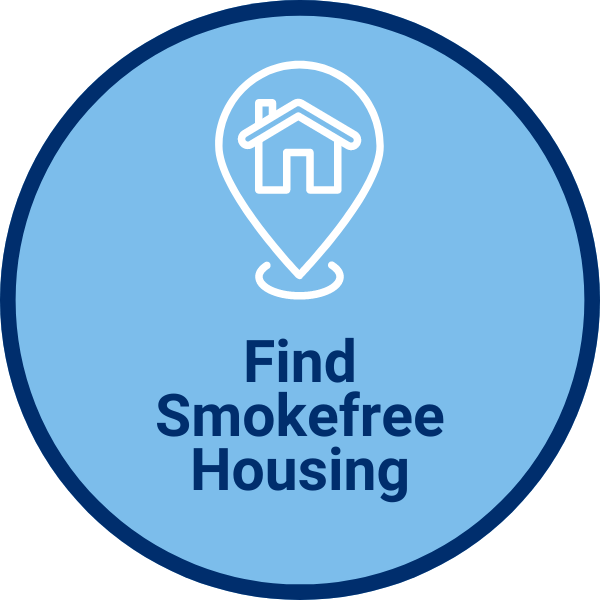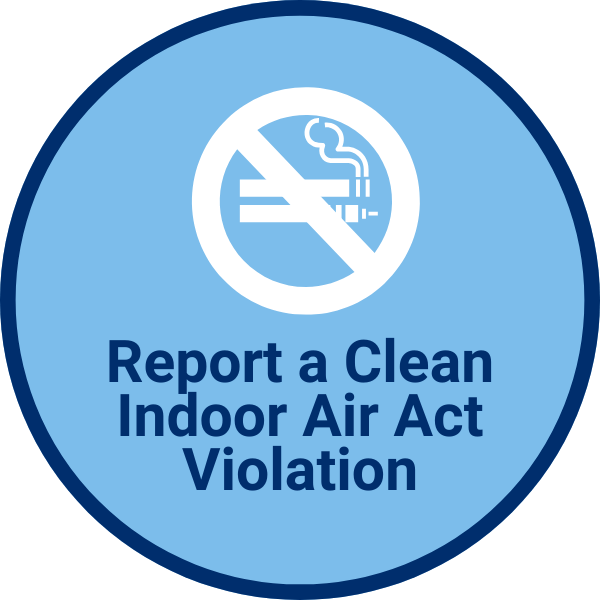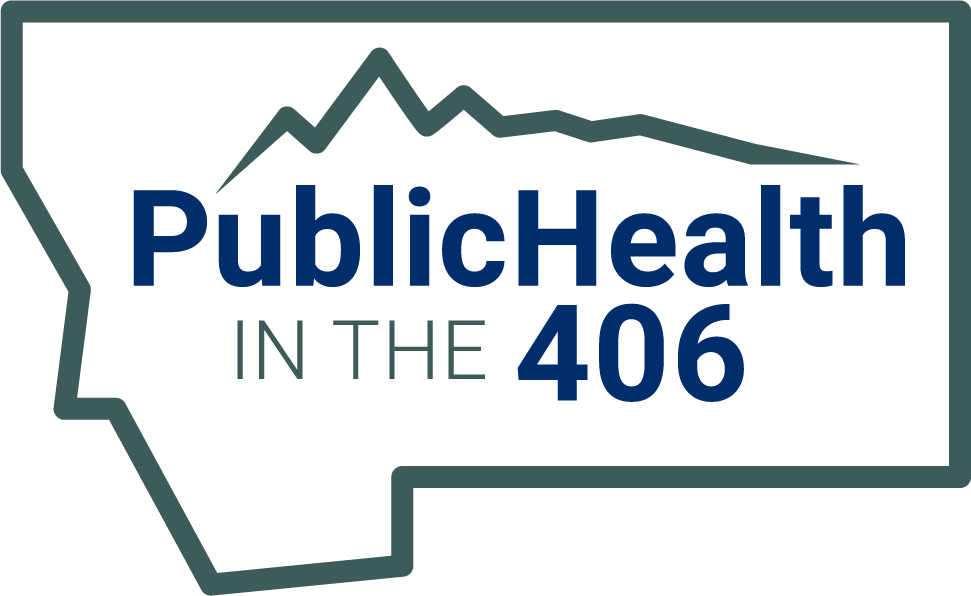Montana Smokefree Housing
Click the above "Find Smokefree Housing" button for non-smoking properties in Montana. Learn the facts on the Smokefree Housing Fact Sheet.
Housing Providers
- Learn how going smokefree protects your investment through the Montana Board of Realty Regulation accredited continuing education course
- Learn how smokefree housing saves lives
- Calculate unit turnover cost for smoking and non-smoking units
- Develop your own policy with this model lease addendum
- Share your smokefree policy with MTUPP
- Check out tips for enforcement
- Order FREE smokefree signs at the MTUPP online store
Residents
- Find a smokefree apartment
- Request smokefree housing from your landlord
- Track your exposure to secondhand smoke
- Letter to request smokefree housing from physician
- Get help quitting tobacco
Public Housing
- As of 2018, the U.S. Housing of Urban Development (HUD) requires all public housing to adopt smokefree policies. The HUD rule restricts the use of prohibited tobacco products including cigarettes, cigars, pipes, and hookah. Use of these products is not allowed anywhere inside public housing buildings, including individual units, common areas, offices, or within 25 feet of the building(s). Section 8 (Housing Choice Voucher Program) & Tribal Housing Authorities are not required to be smokefree.
- MT Public Housing Authorities Covered by the HUD rule
Secondhand smoke exposure poses serious health threats to children and adults. For residents of multi-unit housing (e.g., apartment buildings and condominiums), secondhand smoke can be a major concern. It can migrate from other units and common areas and travel through doorways, cracks in walls, electrical lines, plumbing, and ventilation systems. (1) Additionally, thirdhand smoke or the toxic residue that persists in the air and on surfaces after smoking has stopped can continue to harm the health of residents, particularly young children for several months. (2)
Public and private multi-unit housing properties across Montana and the nation have moved to solve this problem by making their housing, including individual units, smokefree. (1) This move not only protects residents and staff from exposure to secondhand and thirdhand smoke, but also provides additional benefits, such as: (3)
- Market advantages
- Reduced fire risk
- Reduced cleaning & turnover costs
- Reduced legal liability
- Fewer complaints
- Potential insurance savings
- Eliminates sealing/ventilation costs
Sources
- American Lung Association. Smokefree Policies in Multi-Unit Housing. https://https://https://https://www.lung.org/policy-advocacy/public-policy-positions-advocacy-advocacy-advocacy/tobacco/smokefree-environments/multi-unit-housing. April 2021.
- Thirdhand Smoke Resource Center. Frequently Asked Questions. https://thirdhandsmoke.org/faq/. Accessed November 2021.
- Live Smoke Free Program. How to Create Affordable Smoke-Free Housing [Power Point]. https://www.publichealthlawcenter.org/sites/default/files/How-to-Create-Affordable-Smoke-Free-Housing.pdf. August 2021.
- American Lung Association- Materials for smokefree policies in multi-unit housing.
- Americans Nonsmokers’ Rights Foundation- Information on multi-unit housing, public housing, stand-alone homes and assisted living.
- Centers for Disease Control and Prevention - Secondhand smoke and multi-unit housing facts and tools.
- Keep It Sacred Network - Tribal smokefree housing policy resources.
- Live Smoke Free - Information for building owners, managers, local policy makers, residents, and housing industry professionals on the benefits of smokefree multi-housing.
- Public Health Law Center - Legal and policy resources on affordable housing, public housing, and tribal housing.
- Thirdhand Smoke Resource Center - Information on the chemical residue left on indoor surfaces after smoking or e-cigarette use has occurred in the home.
For more information on Smokefree Housing contact MTUPP's Tobacco-Free Policy Specialist. Residents & housing providers may also contact their local County or Tribal Tobacco Education Specialist for additional information on Smokefree Housing and second/thirdhand smoke.







